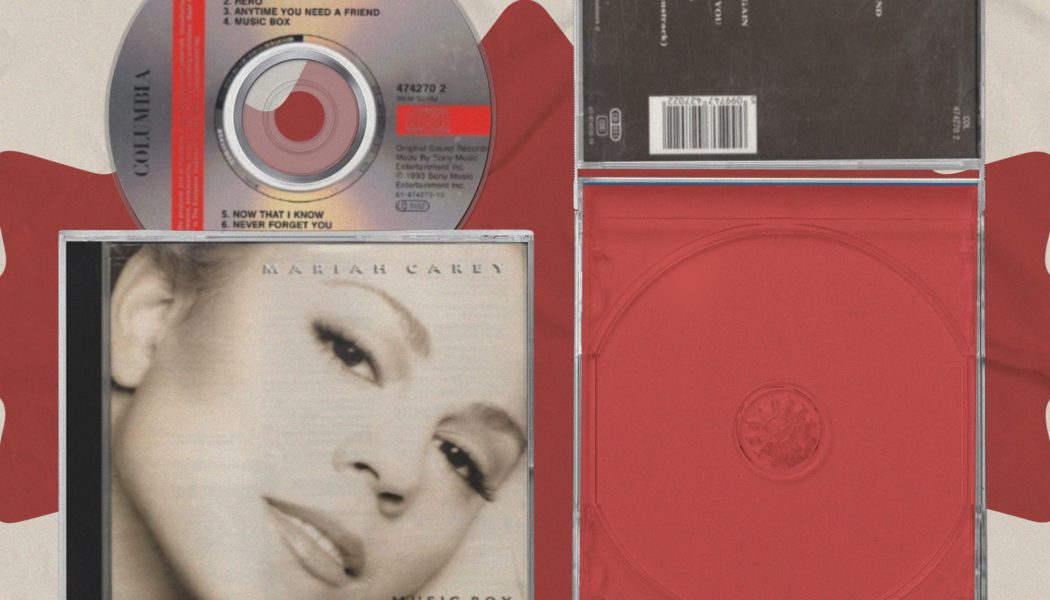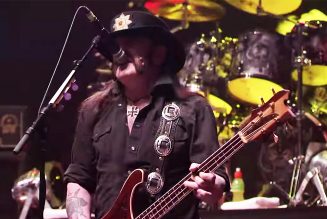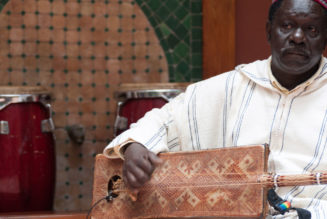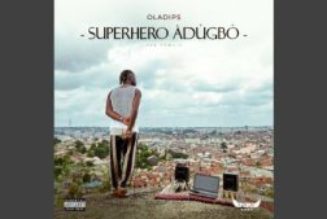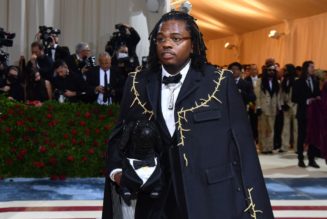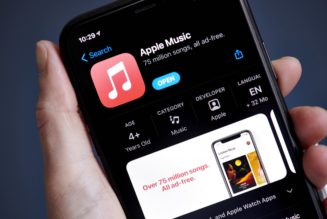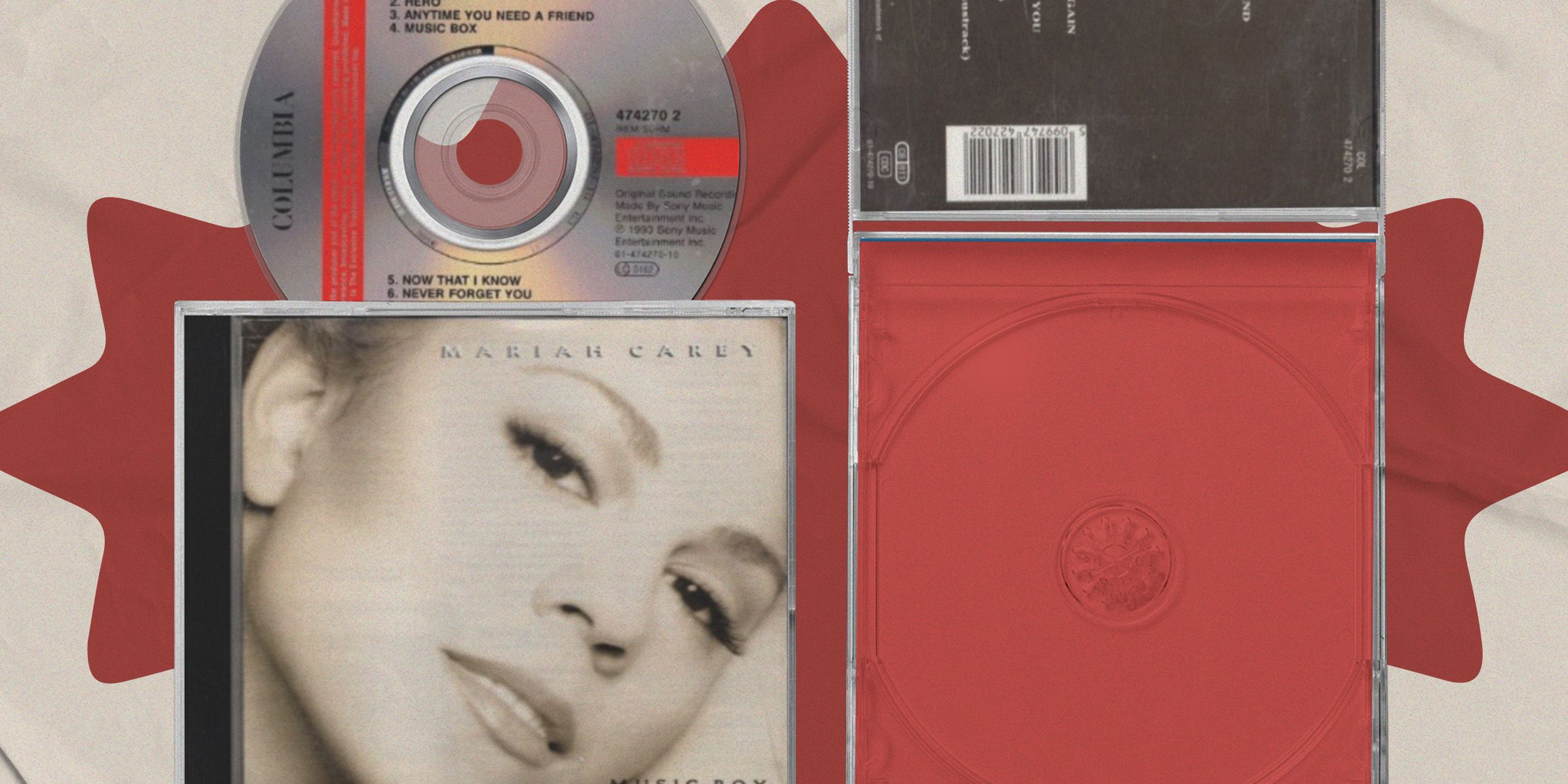
The third time was indeed the charm (but not the Charmbracelet) for Mariah Carey. After notching massive successes with her first two albums, she released Music Box on August 31, 1993. In addition to topping album charts around the world, Music Box sold more than 28 million copies and helped launch Carey’s concert act with her first headlining tour.
Although some reviewers criticized the overall softer, sleepier tone of the album as compared to the fireworks demonstrated on her first two, others recognized the remarkable musical growth the increasingly versatile Carey was showing. And history has borne out the non-silence of the lambs — several of the tracks on this album are absolutely essential to the Carey-ography. We do know her, and we love her! Let’s listen.
“Dreamlover”
A earworm for the ages with a groove that manages to be as laid-back as it is irresistible, it’s no wonder this instantly iconic jam spent eight weeks atop the Billboard Hot 100. The video too captures Carey at her most alluring, frolicking in a flowery field, a waterfall grotto, and in a hot-air balloon, hitting notes so high, they could be mistaken for jealous birds joining in. Demonstrating both Carey’s vast musical knowledge to weave surprising samples with a new sound all her own, this song proves how impossible it is to avoid getting swept away in the sunny warmth of the entire production.
“Hero”
Originally sung by Gloria Estefan as the titular soundtrack song to the 1992 Geena Davis/Dustin Hoffman dramedy, “Hero” was co-written by Carey but was not initially highly regarded by her. When Carey’s future husband Tommy Mottola heard her demo, however, he insisted that it was a song only she could do justice to. And that’s exactly what happened — this reworked self-empowerment ballad that some called cloyingly trite and others called literally lifesaving hit No. 1 on the Billboard Hot 100 and became one of Carey’s signature songs. The song itself has contributed greatly to the world as well, with Carey donating the proceeds from it to the families of the 1993 LIRR shooting and also repeatedly describing how she has heard from countless fans who drew strength from it during their darkest times. It’s absolutely essential, darling.
“Anytime You Need a Friend”
This is the most gospel-inflected song on the album — not to mention the strongest cut on it, according to many critics — and it’s shocking to realize that this powerful track only went to No. 12 on the Billboard Hot 100. In fact, it was her first single not to go top 10. Bizarre whims of the chart gods aside, time has only added to the strength and impact of this deeply soulful song, which showcases the richness of Carey’s lower register as well as her glass-shattering high notes, juxtaposed against the urgency of a gospel choir. One of her best, and that’s saying something!
“Music Box”
From its delicate opening notes that draw from the titular sweetly mechanical contraption, this gentle, almost-whispered ballad feels lighter than air. It’s a song of gratitude for a life-giving love, and the production surrounds Carey’s voice with gauzy, hushed tones as she sings quietly, then gains strength as if she’s waking up. It’s a really interesting track that showcases her considerable talent, yet it willingly seems to fade away — the definition of a strong album cut that would never be a single but adds to the atmosphere.
“Now That I Know”
After the cotton candy wispiness of the previous track, “Now That I Know” finds Carey injecting a generous splash of octane into the proceedings. Co-written and co-produced with the uptempo geniuses behind C+C Music Factory, this hard-driving bop highlights what a very different album this could have been if Carey had followed her muse onto the dance floor for more of this set. Do yourself a favor, and listen to this immediately. Not only did it deserve to have been a single, dammit, but in a perfect world we would have gotten a duet between Carey and Martha Wash on it. Perhaps one sweet day we will.
“Never Forget You”
Co-written with Babyface and co-produced by Daryl Simmons, this made-for-middle-school-dances jam feels like a musical successor to their earlier massive Boyz II Men smash “End of the Road.” Maybe that’s the reason that this song, which was released without a music video as a double A-side with Carey’s cover of “Without You,” never had quite the same cultural impact or longevity. Instead of the high drama of the Boyz II Men track, this song finds Carey taking a more mature, subdued approach rather than a full-throttle emotional attack. Consequently, it makes for a pleasant, respectable listen … but it wouldn’t be the one most ’90s listeners were hitting rewind on over and over.
“Without You”
Maybe the reason that Carey was content to pull her punches on the previous track was that her butterfly guns were blazing for the ages on this, the other half of the “Never Forget You” double A-side. Arguably the ultimate power ballad, this sing- and weep-along was cranked up further by Carey’s powerhouse vocals than previous versions by original songwriters Badfinger and successful covers by Harry Nilsson and T.G. Sheppard could ever dream of going — although Valentina Hasan famously came close. Although its success on the U.S. charts stalled at No. 3, it proved to be her biggest hit across Europe and still has the ability to thrill when you hear the might of Carey’s voice.
“Just to Hold You Once Again”
Something of a little sister to “Music Box” and “Hero,” this slow burner builds from a place of heartbreak and regret. Although Carey may end the song emotionally defeated and crying out for a second chance with a lover she knows she will never hold again, she displays an energy and strength on this song that lift it above the ethereal production. It’s another masterfully crafted album track that furthers the through line of the entire set and plays best when listened to as part of the whole.
“I’ve Been Thinking About You”
Partnering again with the C+C Music Factory maestros, Carey delivers a funky, dancey number that definitely lays the groundwork for her later-career direction. Although not as magical as “Now That I Know,” it’s a welcome taste of spice to balance out the sweetness that might otherwise overpower the album. Still, it’s a pleasure hearing even an otherwise decidedly middling song elevated solely by Mariah Carey letting loose her world-class vocals, giving an A+ effort to a C- track.
“All I’ve Ever Wanted”
Perhaps this feather-light love ballad inspired Kelly Clarkson’s similarly named 2009 album title track. (Narrator: It did not.) It shouldn’t be surprising, though, seeing how totally and tonally different the two tracks are: Clarkson’s “All I Ever Wanted” gets spiky and sassy, while Carey’s “All I’ve Ever Wanted” is a glossy, wistful ballad that doesn’t seem able to keep up with her incredible pipes. Instead of ending the album with a bang, this B+ ballad instead just sparkles away to a low-key finale. Still, it’s a testament to Carey’s songwriting and singing ability that this cut feels like one rewrite away from reaching the heights she’d already attained on this album and otherwise. So, of course: a must-listen. Stan and repeat!
Jonathan Riggs is a freelance writer and former managing editor of the LGBTQ+ lifestyle magazine Instinct.
Get Shondaland directly in your inbox: SUBSCRIBE TODAY
